Graph the function, showing all asymptotes (those that do not correspond to an axis) as dashed lines. List the x- and y-intercepts.f(x) = 

A. x-intercept:  , no y-intercept ;
, no y-intercept ;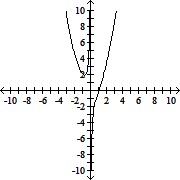
B. x-intercept: (1, 0) , no y-intercept ;
C. x-intercept:  , no y-intercept ;
, no y-intercept ;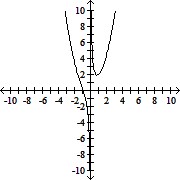
D. x-intercept: (0, 0) , y-intercept: (0, 0) ;
Answer: C
You might also like to view...
Solve.The table gives the number of cans of soda sold at a campus stand on five days with different high temperatures for the day. Write this data as a set of ordered pairs of the form  Then create a scatter diagram of the data.
Then create a scatter diagram of the data.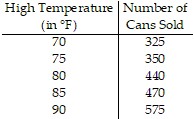
What will be an ideal response?
Use graphing to factor f(x).f(x) = 3x3 - 18x2 + 9x + 30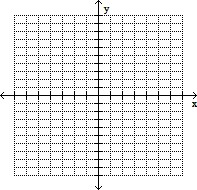
A. (x - 1)(x + 5)(x - 2) B. (x + 1)(x - 5)(x - 2) C. 3(x - 1)(x + 5)(x + 2) D. 3(x + 1)(x - 5)(x - 2)
Decide whether the following is an expression or an equation. Simplify any expression or solve any equation.7x - (3x - 1) = 2
A. Expression; 2x + 3
B. Expression; 3x + 2
C. Equation; 
D. Equation; 
Use translations of one of the basic functions defined by y = x2, y = x3, y =  , or y =
, or y =  to sketch a graph of y = f(x) by hand. Do not use a calculator.y = x3 + 4
to sketch a graph of y = f(x) by hand. Do not use a calculator.y = x3 + 4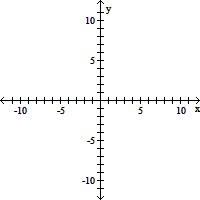
A. 
B. 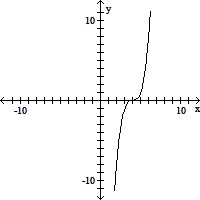
C. 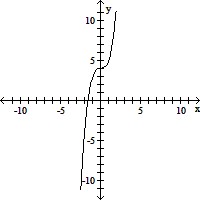
D. 